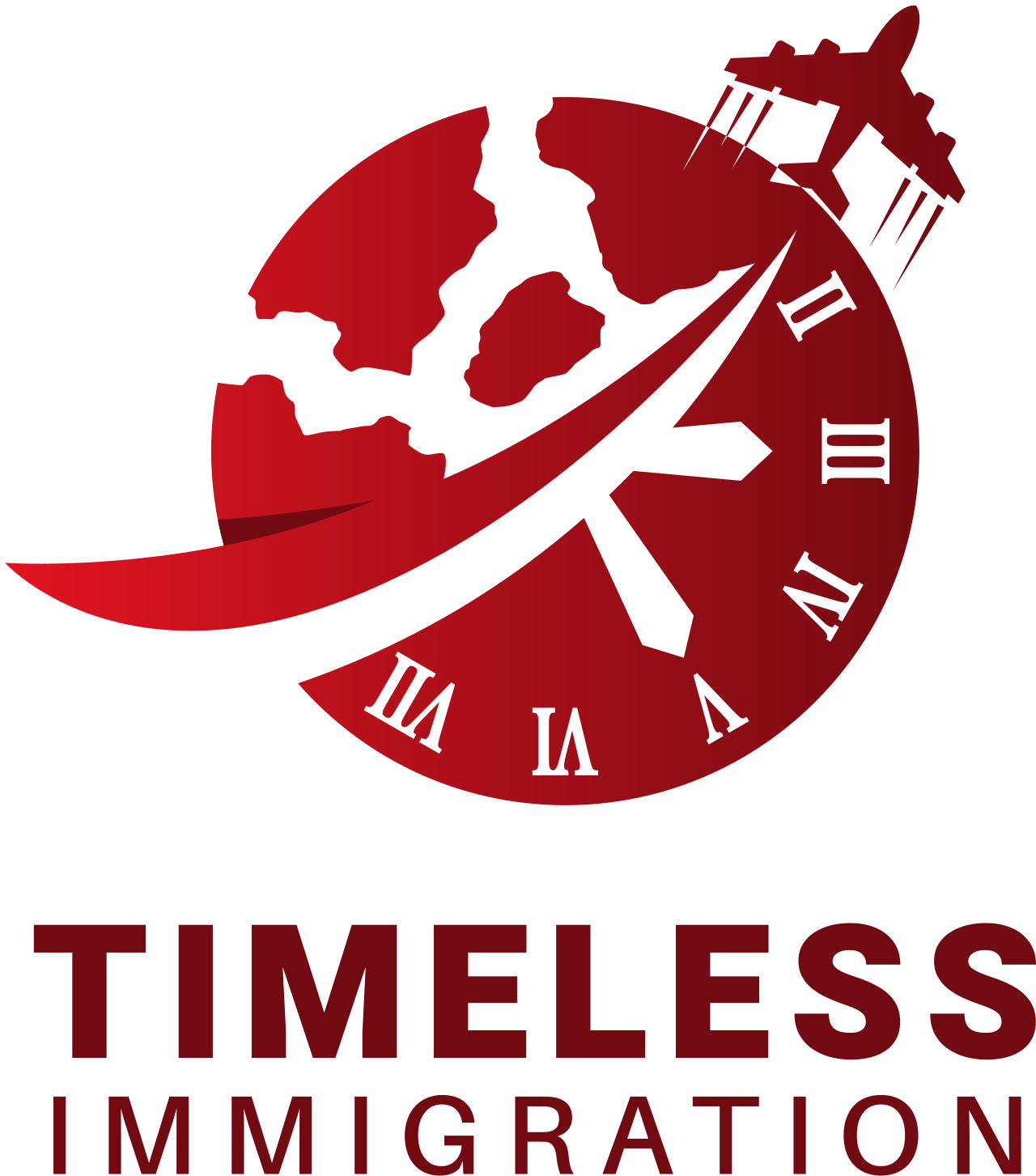Financial Requirements
Financial Requirements for Sponsorship
When sponsoring family members, it’s imperative to demonstrate your financial capacity to support them. This financial responsibility encompasses both family members living with you and those you intend to sponsor. The term “Minimum Necessary Income” (MNI) is utilized by Immigration, Refugees, and Citizenship Canada (IRCC) to assess the sponsor’s financial capability for supporting family members.
Understanding Minimum Necessary Income (MNI)
Minimum Necessary Income serves as an income threshold utilized by IRCC. It determines the eligibility of Canadian citizens or permanent residents to sponsor family members, including spouses, common-law partners, dependent children, parents, and grandparents. The MNI requirement is also influenced by the family size of the applicants for family sponsorship.
A family unit consists of members of the family residing in Canada, which includes the sponsors. The family unit comprises:
- The sponsor (yourself)
- Spouse or common-law partner
- Dependent children of the spouse or common-law partner
- Previously sponsored individuals for whom you are currently responsible
- Intended family members (parents and grandparents) you plan to sponsor
- Dependent children, spouses, and common-law partners of parents and grandparents (even if they are not coming to Canada)
Proof of income via Notices of Assessment from the Canada Revenue Agency for the past three years serves as evidence for meeting MNI requirements. It’s important to note that the income requirement for 2020 has been adjusted due to the impact of the Coronavirus pandemic, as announced by IRCC.
Financial Requirements for Parent and Grandparent (PGP) Sponsorship
To sponsor parents and grandparents, one must surpass the MNI for the preceding three years. These eligibility criteria ensure that elderly or dependent family members receive adequate care and support during their stay in Canada. The charts below illustrate the different Low Income Cut-off (LICO) figures for sponsors (Table-1) and the corresponding Minimum Necessary Income (MNI) figures (Table-2). The MNI figure can be calculated by adding 30 percent of the Low Income Cut Off figures (LICO).
Table-1 Low Income Cut-off figures (LICO)
| Family unit size | Required basic annual income |
| 1 member | $25,921 |
| 2 members | $32,270 |
| 3 members | $39,762 |
| 4 members | $48,167 |
| 5 members | $54,630 |
| 6 members | $61,613 |
| 7 members | $68,598 |
| For additional person | $6985 |
Table-2 MNI Figures for Three Years
| Family Unit Size | MNI 2020 | MNI 2019 | MNI 2019 |
| 2 members | $32,270 | $41,007 | $40,379 |
| 3 members | $39,672 | $50,414 | $49,641 |
| 4 members | $48,167 | $61,209 | $60,271 |
| 5 members | $54,630 | $69,423 | $68,358 |
| 6 members | $61,613 | $78,296 | $77,095 |
| Every additional member | $6985 | $8,876 | $8740 |
Meeting MNI Requirements
Calculating MNI takes into account the number of family members in a given year, considering the addition or loss of members. In cases where applicants find it challenging to meet MNI due to lower income levels, expert immigration consultants can propose solutions. Combining a spouse or common-law partner’s income to achieve the required MNI figure is one such solution.
When including your partner’s income for MNI calculation, it’s crucial to submit confirmation of common-law status. Additionally, the co-signer (partner) must meet all eligibility requirements and share financial responsibilities for the sponsored family members.
Canada places significant importance on sponsors’ financial obligations. Fulfilling all financial responsibility requirements is essential for family sponsorship. Enlisting the expertise of a knowledgeable immigration consultancy service can simplify the family sponsorship application process.
Timeless Immigration Services offers expert consultations to facilitate family sponsorship. We provide tailored immigration solutions and guidance on various immigration pathways. Contact us today to expedite the sponsorship process and ensure your family’s successful reunification.
Schedule a meeting
Let’s discuss the details
Schedule a meeting at one of the offices or online. A lawyer will analyze the situation, calculate the cost and help you find a solution based on your goals.
- Preparation of documents
- Due Diligence

